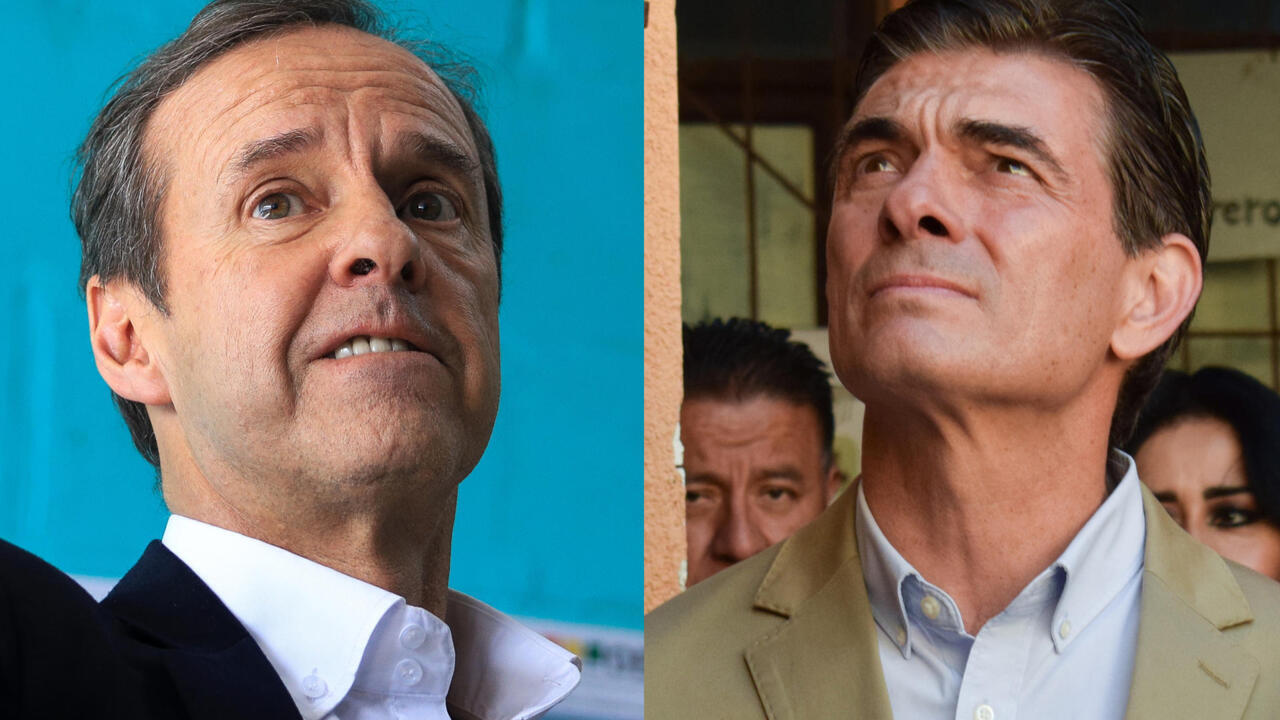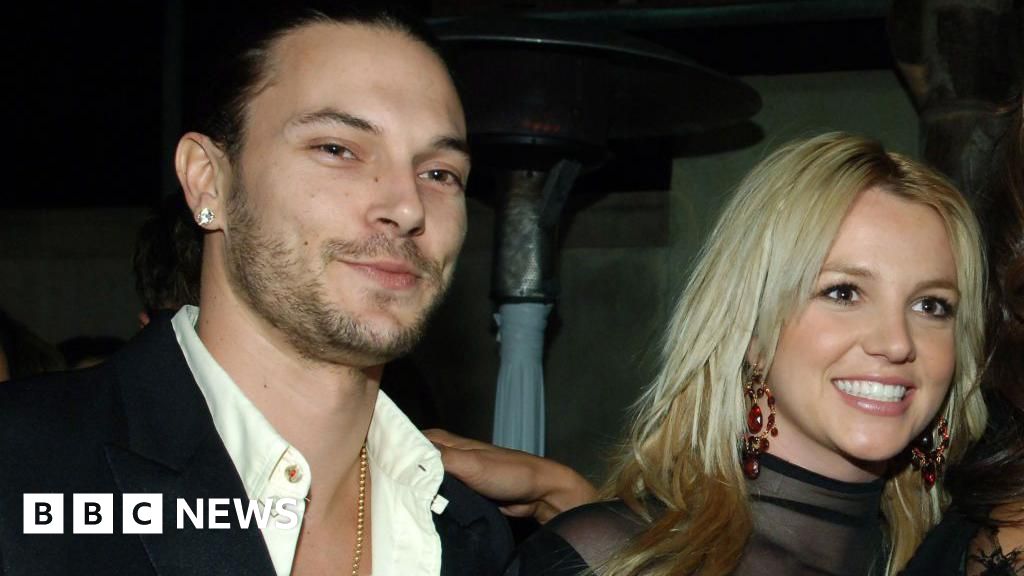 Allison Kellen, an Indigenous knowledge holder from the Marshall Islands. Credit: Tanka Dhakal/IPS
Allison Kellen, an Indigenous knowledge holder from the Marshall Islands. Credit: Tanka Dhakal/IPSBELÉM, Brazil, November 12 (IPS) - Generational lived experiences are key to confronting and living with a changing climate, say Indigenous knowledge holders and activists at the UN Climate Conference (COP30).
As the first COP to be held in the Amazon region, in Belém, representatives of Indigenous communities reiterated the importance of generationally transferred knowledge and skills to adapt to and mitigate the threats posed by climate change.
Allison Kellen, a canoe builder from the Marshall Islands, learned the craft from his elders. He emphasizes the need for this knowledge to be passed down to future generations with proper recognition.
“I want us to be acknowledged,” Kellen said. “A lot of the time, we talk about acronyms, we talk about oil, we talk about all this stuff-and we’re not talking about us. And ‘us’ is life. ‘Us’ is land. ‘Us’ is knowledge. So start thinking about us, because ‘us’ is our future, our kids’ future.”
He believes that focusing on people on the ground and their generational lived experiences is key to confronting and living with a changing climate.
We pass knowledge from one forehead to another, just like transferring a picture from one phone to another.
During a coordinating meeting and the fifth annual gathering of knowledge holders at COP30, community members emphasized the importance of “climate action rooted in holistic stewardship” and collaboration with Indigenous knowledge and skills.
Viacheslav Shadrin, a member of the Facilitative Working Group (FWG) of the Local Communities and Indigenous Peoples Platform (LCIPP), said it’s important to respect community knowledge and follow its teachings.
“We are not the owners of nature,” he said. “We should not take more than we need.”
Indigenous peoples possess unique knowledge systems, innovations, and practices passed down through generations, rooted in a deep understanding of and respect for ecological systems.
“We transfer knowledge from generation to generation,” Kellen said. “We pass it from one forehead to another, just like transferring a picture from one phone to another.”
He further stressed the need to blend Indigenous skills with both formal and informal methods of knowledge transmission.
At COP30, youth from Indigenous communities are also actively engaging in the conversation.
Gitty Keziah Yee, from Tuvalu—one of the most climate-vulnerable island nations—and a leader in last year’s climate justice case before the International Court of Justice, believes that ancestral knowledge is a key to connecting with history.
“The knowledge has always been there from the very beginning. It’s something practiced by our ancestors and passed on by our elders,” she said. “It’s really important to respect the past in order to preserve the future.”
Like other Indigenous leaders and knowledge holders, Yee stressed that community voices must not be sidelined.
“Indigenous people should have a voice in these spaces.”
IPS UN Bureau Report
© Inter Press Service (20251112112449) — All Rights Reserved. Original source: Inter Press Service

 4 hours ago
1
4 hours ago
1










 English (US) ·
English (US) ·